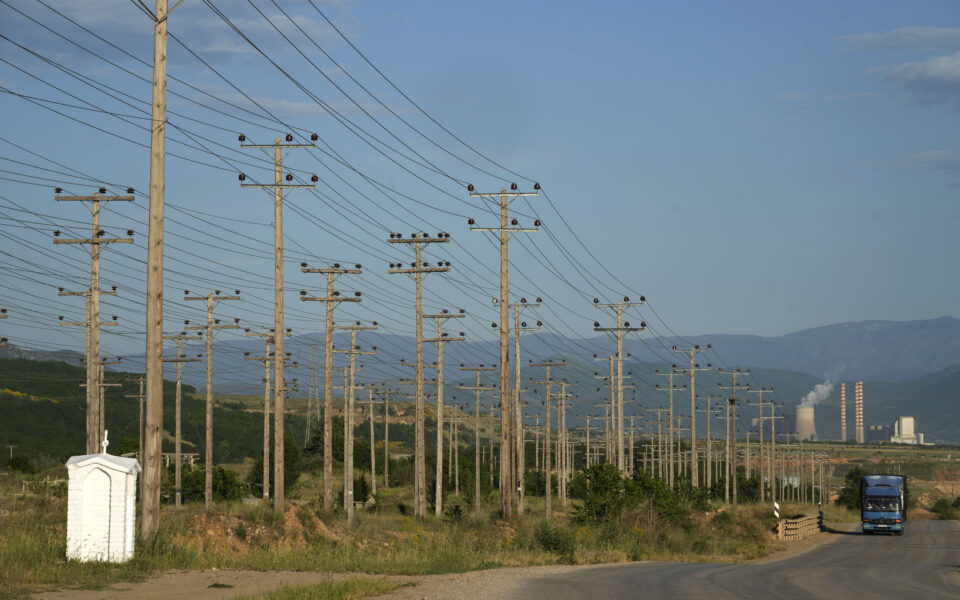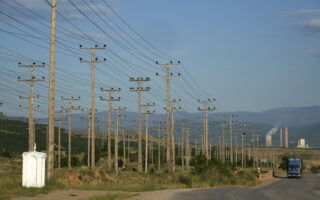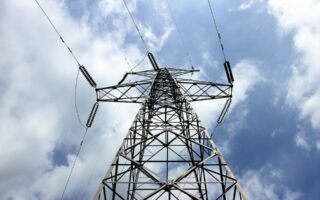Uncertain economic policies
Constantly rising energy prices keep throwing budget plans off, Finance Ministry leaders say

The cost of government interventions to deal with the energy crisis will reach €6 billion by the end of 2022, Finance Minister Christos Staikouras said on Wednesday.
The expenditure is still relatively small compared to the billions the government poured to deal the consequences of the Covid-19 pandemic, but, together, they add up to €50 billion, Staikouras told state radio in an interview.
Both Staikouras and his number two, Alternate Finance Minister Theodoros Skylakakis, noted, in separate interviews, that developments in the price of natural gas and electricity are their greatest worries. With prices constantly rising, the cost of state support to households and businesses keeps climbing and adds a significant element of uncertainty and risk in designing the government’s economic policy.
Natural gas prices currently stand at €230 per megawatt-hour (Mwh) when a year ago they ranged from €45 to €50 per Mwh; gas prices have exceeded all government forecasts. What has saved the budget from imploding, so far, has been the higher-than-expected gross domestic product, boosted in part by record numbers of tourist arrivals and spending, as well as inflation. These factors have made for higher-than-expected revenue. But officials caution, and fear, that these factors cannot make up for the explosive growth of subsidy needs for long; there is a limit, they say.
Finance Ministry officials say that the initial estimate of €800 million for energy price support to households and businesses in the second half of the year, has now risen to €1.3-1.5 billion. If the present gas price level is sustained through the end of the year, the cost will rise to €2 billion, something that will drastically impact the government’s margin for new handouts, since it has also committed to keep the primary budget deficit at 1% of GDP.
The only support policy that is certain to continue is the subsidizing of the electricity bills of households and small and medium-sized enterprises, Skylakakis told private TV station Skai Wednesday. He added that he is not an oracle and can’t guess how natural gas prices will evolve; this does not allow the government to make solid predictions about economic indicators.





